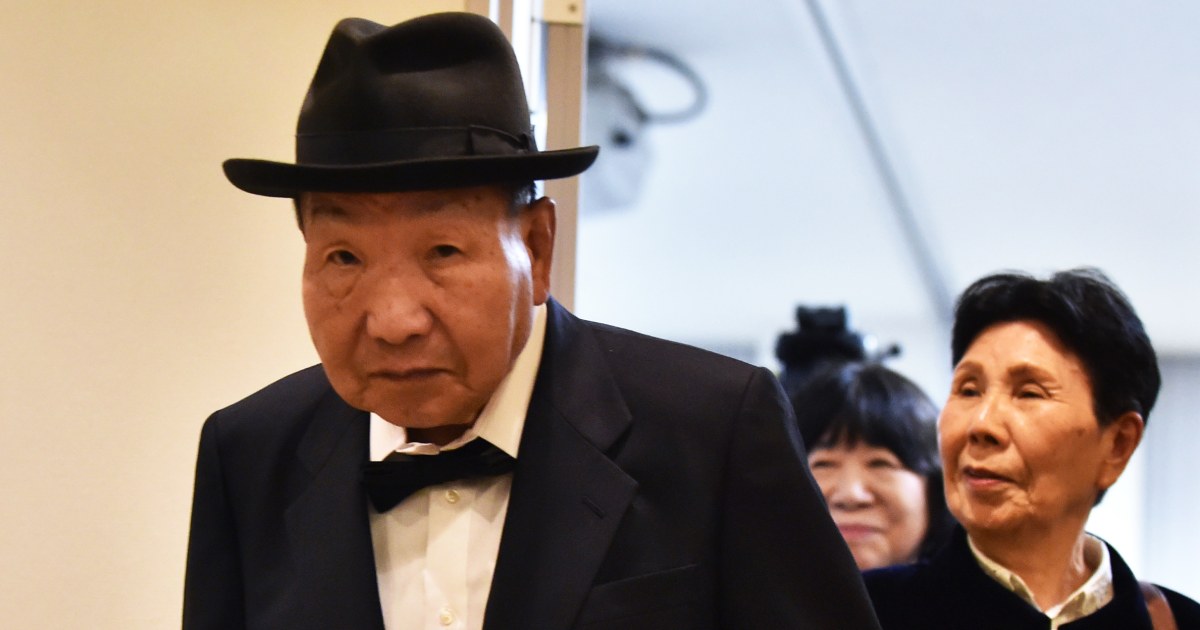TOYKO — A Japanese man said to have spent the world’s longest time on death row was cleared in a retrial of the 1966 murders of four people on Thursday, ending his family’s search for justice for a wrongful conviction.
Iwao Hakamata, 88, spent 45 years awaiting execution before a court ordered his release and a retrial in 2014 amid doubts about the evidence that formed the basis for his conviction.
On Thursday, the Shizuoka district court acquitted the former boxer. Prosecutors have 10 days to appeal the decision.
Hakamata’s 91-year-old sister, Hideko Hakamata told a news conference afterwards that she was “so moved and happy” with the verdict “I could not stop crying.”
“This was a very long trial but thank you so much everyone,” she added. “We won the acquittal! When the judge said, “The defendant is not guilty,” it just sounded so divine.”
Her brother was found guilty of killing his company manager and three of his family members, and setting a fire to their central Japan home.
Though he briefly admitted to the killings, he retracted the confession and pleaded innocent during his trial, but was nevertheless sentenced to death in 1968, a penalty upheld by Japan’s Supreme Court in 1980.
He spent 48 years behind bars — more than 45 of them on death row — making him the world’s longest-serving death row inmate, according to the rights group, Amnesty International.
Norimichi Kumamoto, one of the three judges at the Shizuoka court who had sentenced Hakamada to death, petitioned the Supreme Court for a retrial in 2008, but the plea was rejected.
However, he was released from prison in 2014 when a court ordered a retrial based on evidence suggesting his conviction was based on fabricated accusations by investigators, but he was not cleared of the conviction.
Since his release, Hakamata has lived with Hideko, who battled for decades to clear his name.
Hakamata’s lawyers had argued that DNA tests on bloodstained clothing said to be their client’s showed the blood was not his.
Speaking to reporters after the case, his lead lawyer Hideyo Ogawa said he was “grateful that so many people are sharing this happy moment today.”
He added that he was “surprised” by the “really groundbreaking” not guilty verdict.
Amnesty International hailed the exoneration as a “pivotal moment for justice” and urged Japan to scrap the death penalty.
“After enduring almost half a century of wrongful imprisonment and a further 10 years waiting for his retrial, this verdict is an important recognition of the profound injustice he endured for most of his life,” Amnesty said.
“It ends an inspiring fight to clear his name,” it added in a statement.

Leave a Reply